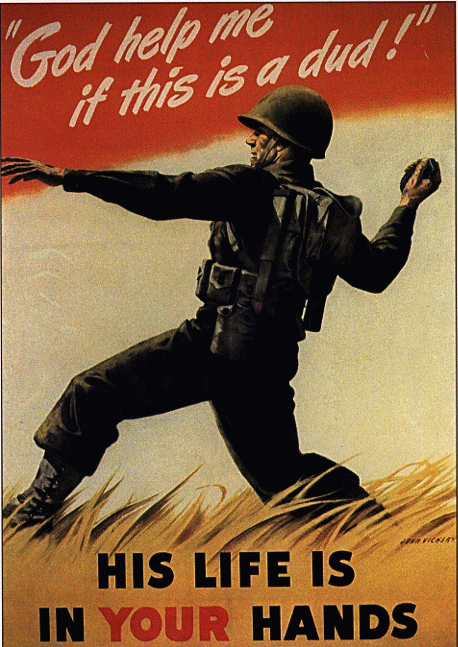

Transfers of resources across families are an important part of economic activity and have important effects on economic inequality. Those transfers include welfare programs; contributions to churches, schools, and hospitals; and patriotic sacrifices of citizens. Some are voluntary charitable giving and others are enforced or encouraged by the government. This chapter uses the model of the formation of altruism proposed and developed in Chapter IV to derive predictions for voluntary giving within and beyond the family. Section A models the effect of a government welfare program on parental altruism and the welfare of children. I show that, although children of welfare families can benefit from the additional resources provided by the program, a welfare program can also have the harmful effect of discouraging the formation of intergenerational altruism by parents. Some of the activities of charities are analyzed in Section B. Charitable activities often suffer from a "free-rider" problem: the objective of the charity is desirable to many people but the giving of a typical donor can only have a very small effect on the charity's objective. This environment is different from giving within the family because the sacrifices of parents can and almost always do have a very large effect on the welfare of children. Beginning with the model of Chapter IV, Section B studies how the free rider problem makes the formation of altruism beyond the family different from the formation of altruism within the family. Section C makes predictions for the evolution over time of aggregate charitable giving.